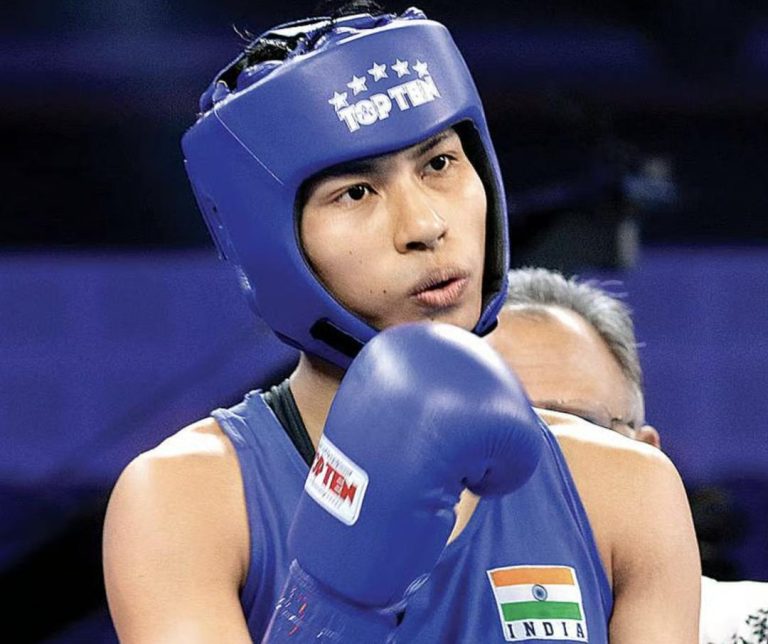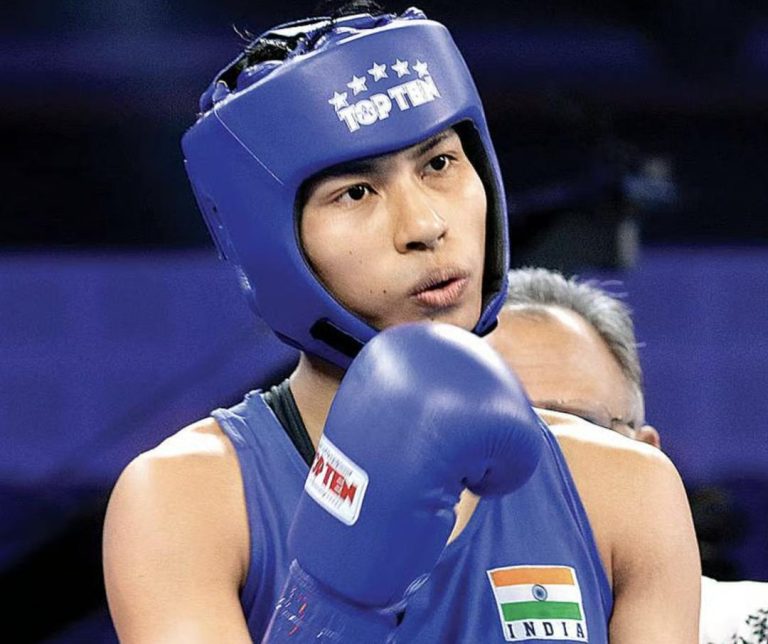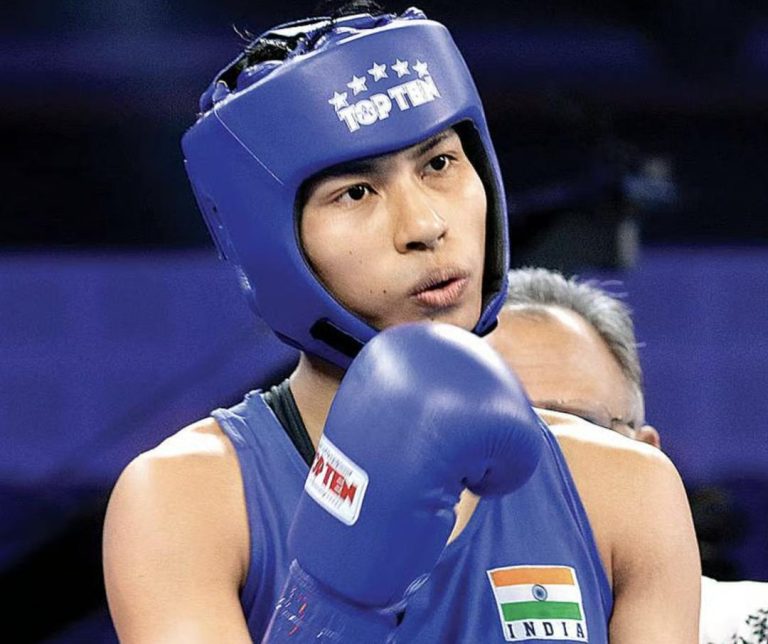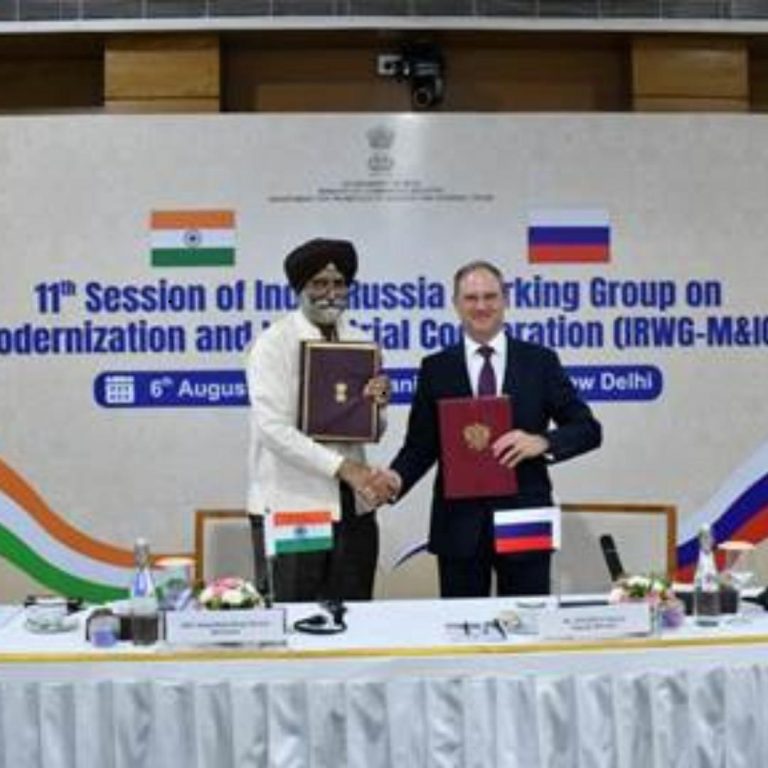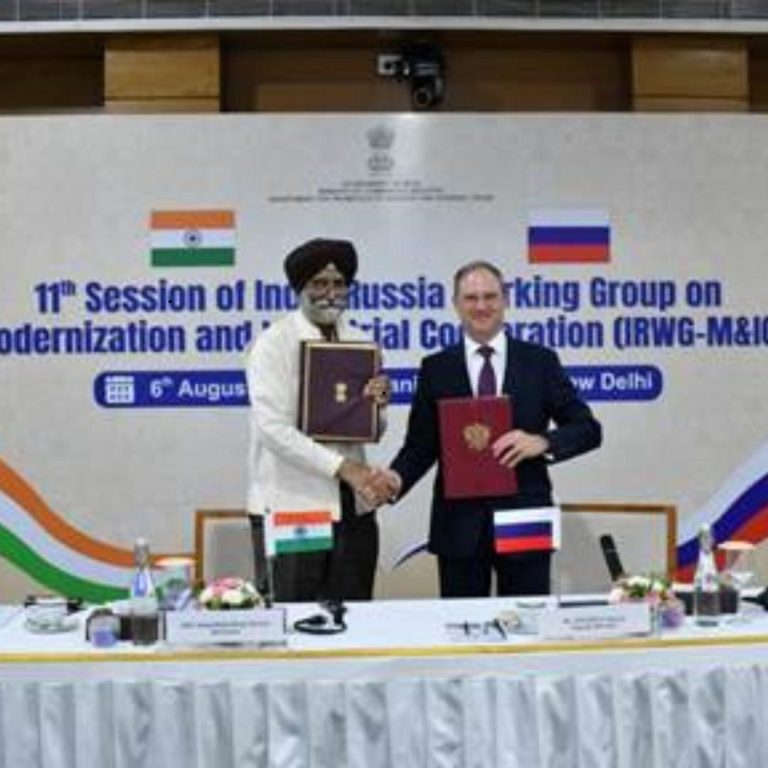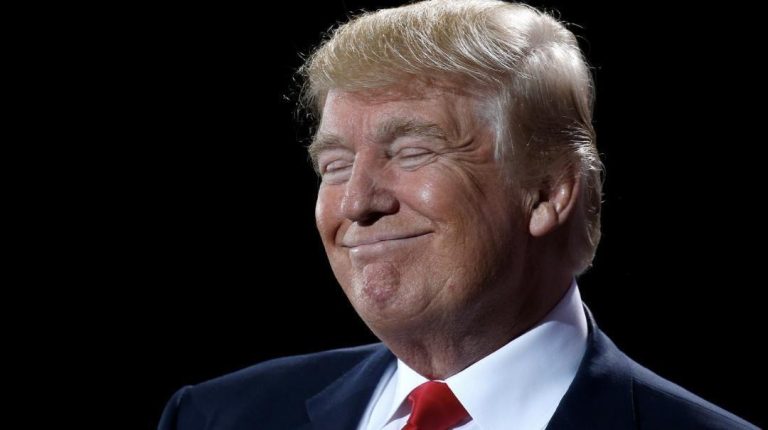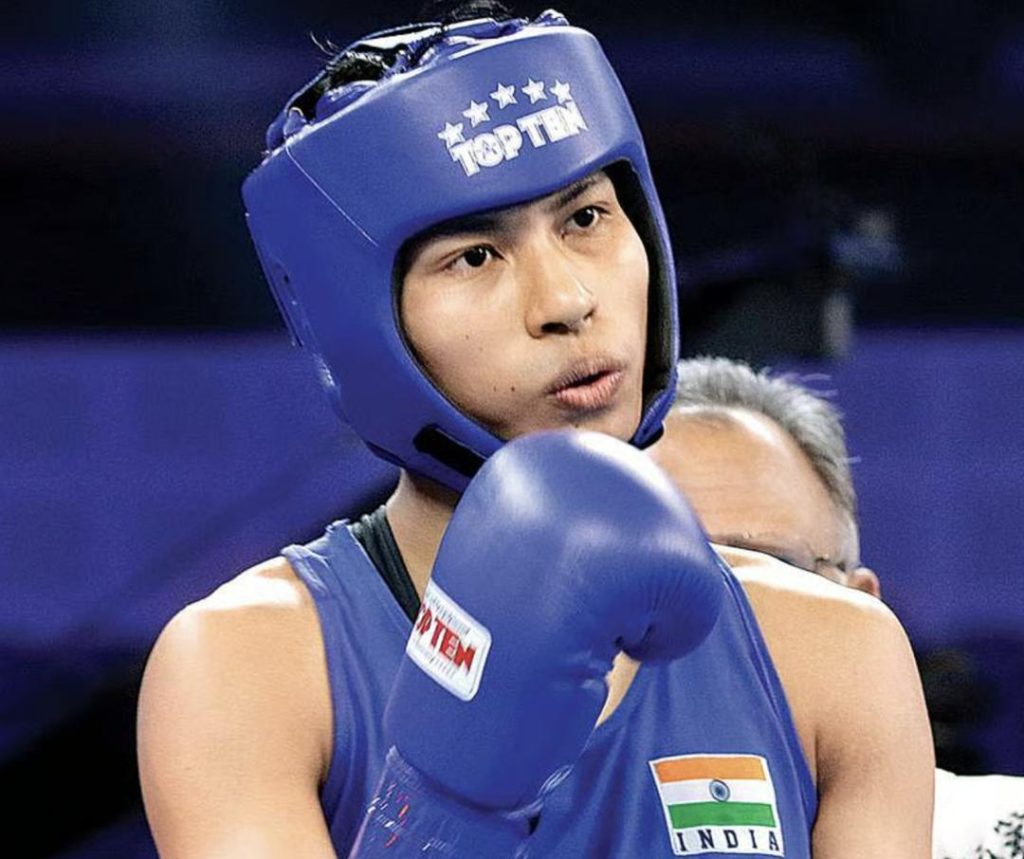
BFI Official Told Me to ‘Shut Up, Lower Your Head & Do as We Say’: Olympic Medallist Lovlina
The world of sports is often touted as a platform where athletes can showcase their skills, achieve greatness, and inspire others. However, for many athletes, especially women, the reality is far from that. The recent allegations by Olympic bronze medal-winning boxer Lovlina Borgohain against the Boxing Federation of India (BFI) Executive Director Col Arun Malik have sent shockwaves across the country. Lovlina has accused Malik of humiliating her and undermining her achievements during a Zoom meeting, which was attended by officials from the Sports Authority of India (SAI) and the Target Olympic Podium Scheme (TOPS).
According to Lovlina, Malik’s behavior was not only disrespectful but also carried an alarming tone of gender-discriminatory dominance. His words, “shut up, lower your head and do as we say,” are a stark reminder of the patriarchal attitudes that still pervade many institutions, including sports federations.
Lovlina’s allegations have sparked outrage among fans, athletes, and sports administrators, with many calling for Malik’s resignation. The Indian Olympic Association (IOA) has also launched an inquiry into the matter, with IOA Secretary General Rajeev Mehta stating that the organization takes such allegations seriously and will conduct a thorough investigation.
The incident has also raised questions about the treatment of women athletes in India. Despite making significant progress in recent years, women athletes in India still face numerous challenges, including lack of support, unequal treatment, and gender-based discrimination. Lovlina’s allegations are a stark reminder of the need for greater awareness and action to address these issues.
The incident occurred during a Zoom meeting to discuss Lovlina’s preparation for the upcoming international tournaments. According to Lovlina, Malik was critical of her performance and told her to “shut up, lower your head and do as we say.” Lovlina claims that Malik’s words were not only humiliating but also undermined her achievements, including her bronze medal win at the 2020 Tokyo Olympics.
“I was taken aback by his words,” Lovlina said in an interview. “I didn’t expect such behavior from someone who is supposed to be supporting me. His words were not only disrespectful but also carried an alarming tone of gender-discriminatory dominance. I felt belittled and disrespected.”
Lovlina’s allegations have sparked a heated debate about the treatment of women athletes in India. Many athletes have come forward to express their support for Lovlina, with some sharing their own experiences of facing sexism and discrimination in the sports world.
“It’s not just Lovlina who has faced this kind of behavior,” said Indian women’s hockey team captain Rani Rampal. “Many of us have faced similar situations, where our achievements are minimized and we are treated like second-class citizens. It’s time for a change.”
The incident has also raised questions about the accountability of sports federations and administrators. Lovlina’s allegations against Malik are not the first instance of misconduct by BFI officials. In the past, there have been several instances of corruption and nepotism within the federation, which have led to the resignation of several officials.
The IOA’s inquiry into the matter is a positive step towards addressing these issues. However, it is essential that the inquiry is thorough and transparent, and that those found guilty of misconduct are punished accordingly.
In conclusion, Lovlina Borgohain’s allegations against BFI Executive Director Col Arun Malik are a stark reminder of the challenges faced by women athletes in India. The incident highlights the need for greater awareness and action to address gender-based discrimination and sexism in the sports world.
As the sports world continues to grapple with these issues, it is essential that we recognize the achievements and contributions of women athletes like Lovlina. Her bravery in speaking out against Malik’s behavior is a testament to her strength and resilience, and it is essential that we support her and other women athletes in their quest for equality and justice.
